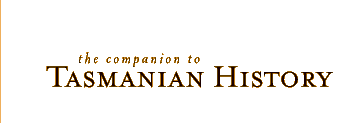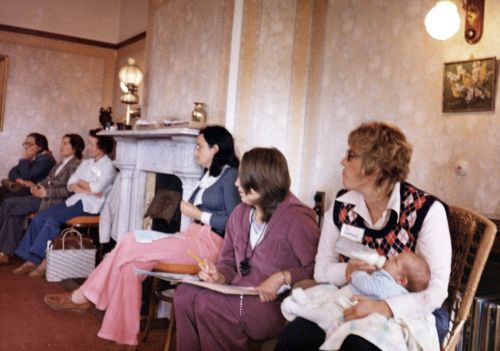 |
 |
|
Women's Electoral Lobby
The Women's Electoral Lobby (WEL), Tasmanian Branch, began in mid-1972, not long after the formation of WEL nationally in March 1972. Active branches were established in the north and north-west as well as in the south. As well as surveying candidates for elections, beginning with the 1972 federal election, WEL engaged in lobbying, publicising and participating in action on a wide range of issues, including childcare, equal pay, equal employment and educational opportunity, parental leave, more women in federal and state parliaments and in local government, family planning, abortion, domestic violence, women's refuges, superannuation, rape law reform, women's health services and removal of all discrimination against women, such as women on juries, access to loans from banks and anti-discrimination legislation. WEL quickly established its credibility and its publicity, organisational and lobbying skills. By itself, or combined with other women's groups, it contributed to successes including the establishment of the Hobart Women's Shelter, the Girls in Education programme in the state Education Department, ensuring the Female Factory at Cascades was saved, changes in the state Public Service to allow young women to be recruited into the career stream ('Third Division'), and the establishment of childcare services. Individual WEL members were successful in gaining positions such as Women's Adviser and Equal Employment Opportunities Officer for state government employment. Others went on to use their commitment and skills as political candidates and in areas including education, family planning, support for women to access abortions, women's refuges and women's health services. (See also Second Wave Feminism.) Margaret Sing |
Copyright 2006, Centre for Tasmanian Historical Studies |
